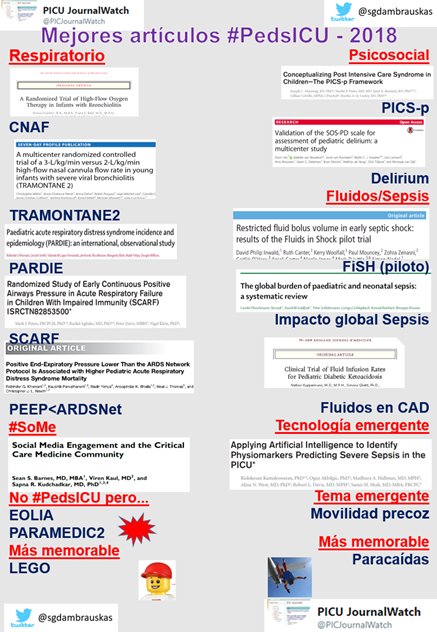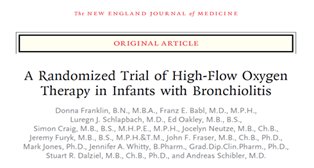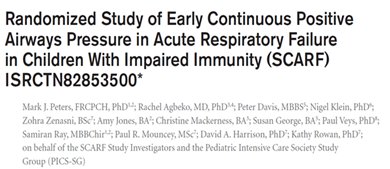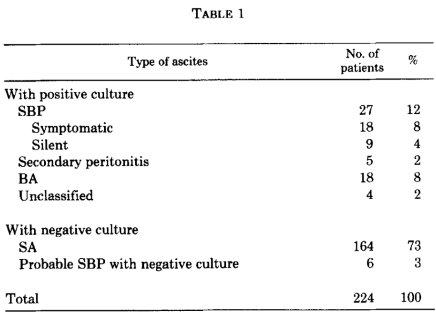nejm.org/doi/full/10.10…
Prepared by @Taffydoc1
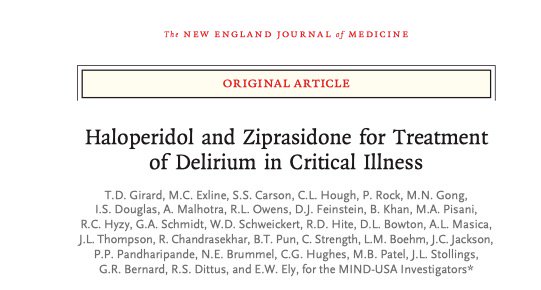
Haloperidol and Ziprasidone are dopamine D2 antagonists and are classed as typical and atypical antipsychotics respectively.
Of 20,914 screened, 1183 were eligible and consented. 566 (48%) developed delirium, 89% hypoactive. Baseline characteristics were similar between groups.
thelancet.com/journals/lanre…
journals.lww.com/ccmjournal/ful…


